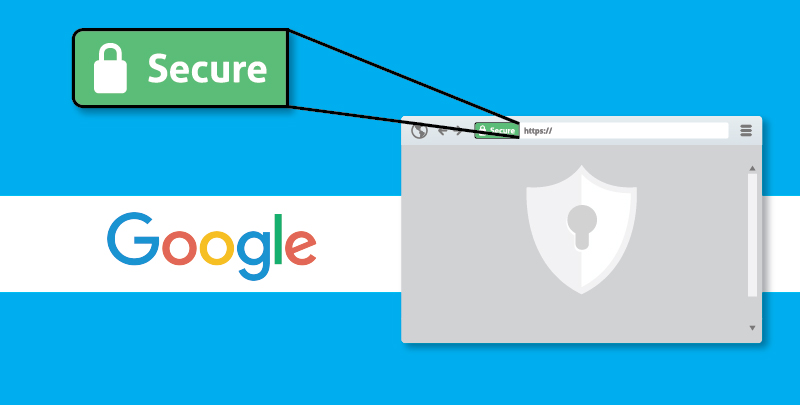How to Secure a Website
The website plays an essential role in the online existence of a business in the market today. Whether it's a small business like an amateur blog site or a large business like an e-commerce (sale/buy) site, It is probable to be the essential point of contact between your brand name and the viewers you are trying to attain.
But sometimes there comes a time when your site could be targeted by scammers who want to disfigure your website and place unwanted links in it to drop the site's ranking. According to a survey, about 54% of businesses worldwide report having had at least one attack in the past year, and only 38% of companies say they were already prepared for cyber attacks.
It is, therefore, important to start by taking the time to "How to Secure a Website" not for your security but also for the customers. Here in this article, we have discussed some of the important tips to protect your site from various threats/scams.
Implement Adequate Security Measures.
During establishing your website design, consider the minimization of add-ons and plug-ins and the simplicity of the security, operational, and aesthetic issues.
Your website's major influence should be based on the content and the product/services you provide to the users, with great designs and images.

Apply a WAF.
Your website is always exposed to a wide variety of threats or frauds. The automated bots are still scanning for vulnerable sites, especially newly created websites, as they are tempting targets. But by adding an efficient web application firewall on your website, you can easily secure your site from attacks such as cross-site scripting (XSS), SQL injection, cross-site counterfeiting, file inclusion, and among others.
Overall, it acts as a shield between a web application and the Internet and helps to protect web applications by filtering and monitoring HTTP traffic.
Create a password policy
A password plays a vital role in website security, and, unfortunately, it is regularly overlooked by business owners. Using a simple and easy password, you should immediately change your password as an advanced user can easily decrypt your password.
So prefer to use long and complex passwords, which are very difficult to decode. You can also use strong passwords that combine numbers and special characters with lowercase and uppercase letters. Also, keep in mind to implement this password policy strictly throughout your business.
Use SSL
If you are going to have registrations on your website, especially if there is any transaction, you will need to encrypt this connection. By using Security Sockets Layer (SSL) certificates, you can create a secure link between your site and client devices, ensuring that no one can get in between and divert, monitor, and close all transactions.
So you need to select a reliable SSL certificate, which goes well with almost any website.
Keep Software Updated
The Internet is a constantly evolving platform, but many companies do not understand the importance of keeping their website software up to date. It's the simplest thing you can do to prevent your site from being compromised. Most of the tradeoffs Google sees come from outdated software such as operating systems, content management systems (CMS), plug-ins, etc.
If you use e-commerce or a CMS platform, subscribe to their newsletter and be on guard for emails informing you that you need to update the software due to security risks.
Regular Backups
Investing in your website takes effort and time, but servers can crash and destroy your hard work. Backup systems are great solutions that can revive key elements of your business website and speed up your recovery.
Store your data in a reliable location, such as the central server, to protect your content from potential threats. Automatic backups of your website content and layout can also keep you from starting from scratch.
For best results, install automated backup technology or use the basic methods to back up your website, like using a plug-in/extension, third-party services, or via your host.
Conclusion
There is a high chance that every minute a hacker might be trying to trick any website. So, you should always secure your website and never leave the front door of your site wide open. Otherwise, your website data could be at risk, you could even lose money, or your website could crash.
If you are looking for the answer to your question “How to Secure a Website” you can look above-mentioned points and put them together to prevent your website from scams, bugs, hackers, and other online threats.





